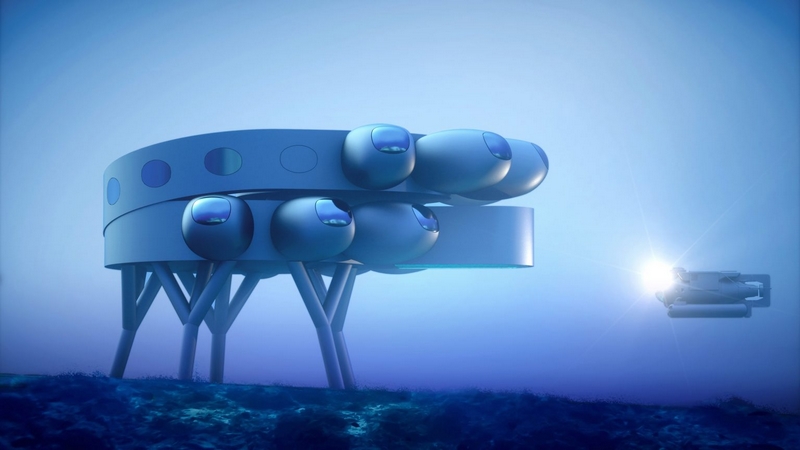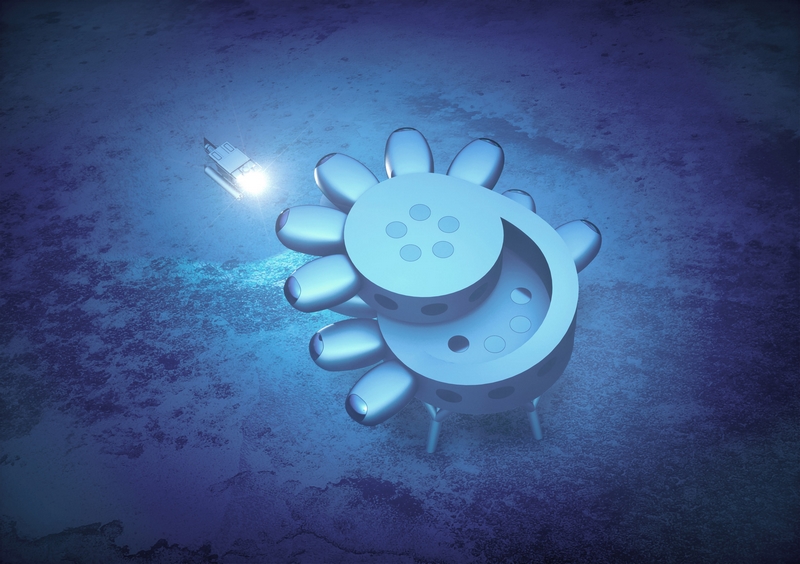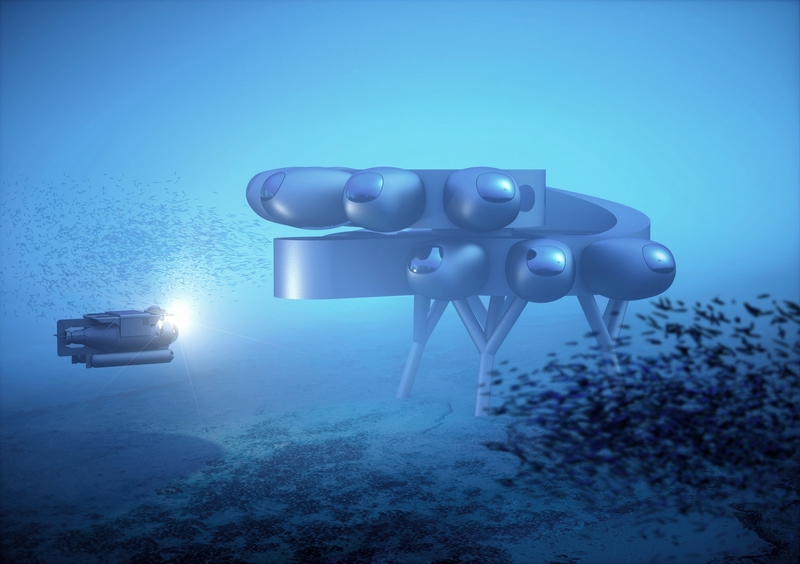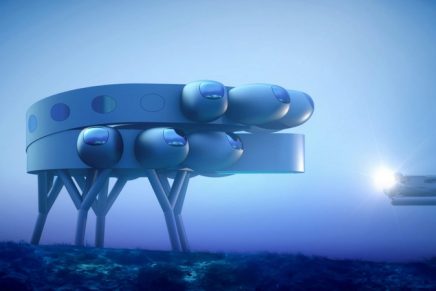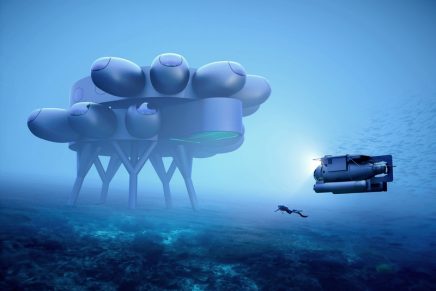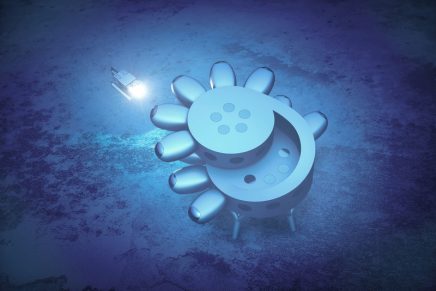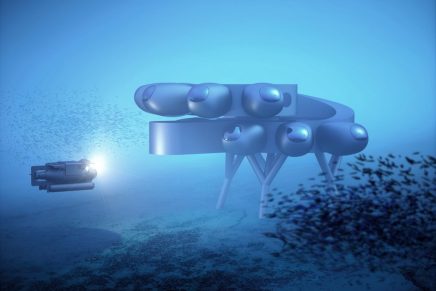Proteus, the brainchild of the Fabien Cousteau Ocean Learning Center is a state-of-the-art underwater habitat imagined by Swiss designer Yves Béhar.
Time to Listen to Nature: A new underwater research station
Aquanaut, oceanographic explorer, conservationist and documentary filmmaker Fabien Cousteau lives by the principle that “there is no such thing as the impossible!” For years, Fabien has dreamed of building a modern underwater habitat; an ‘international space station’ under water. His dream and determination to turn this into a reality was reinforced after Fabien and his crew spent 31 days living and working at the last habitable underwater facility, Aquarius, now over 30 years old.
In June 2014, Fabien Cousteau and his team of aquanauts embarked on Mission 31, the longest science expedition to take place at Aquarius, the world’s only underwater marine laboratory, located nine miles off the coast of the Florida Keys, and 63 feet beneath the sea.
Fabien’s epic Mission 31 expedition broke new ground in ocean exploration and honored the 50th anniversary of his grandfather, Jacques-Yves Cousteau’s original 30-day underwater living experiment known as Conshelf Two.
Most importantly, Mission 31 gave birth to the idea for the Fabien Cousteau Ocean Learning Center. The proven success and global reach of Mission 31 confirmed the need for the FCOLC to create programs designed to inspire and empower individuals to restore and protect the ocean in their own backyard and, in doing so, ensure the health of our vast waters throughout the world.
The goal of the underwater research station is to offer scientists and academics an essential state-of-the-art research lab and a platform to give rise to disruptive scientific breakthroughs in areas such as medicine, genetics, sustainable energy and food cultivation.
Proteus will redefine the way we go about deep-sea exploration and research.
Scientists tell us that they need advanced tools like a technologically advanced underwater station and habitat if we are to expect breakthroughs, in part because anything that gives them more time at greater depths is a huge benefit to advancing ocean-based research, given the challenges and difficulty of time in deeper waters. PROTEUS will be located off of Curaçao, at a depth of 60 feet (3 atmospheres), in richly biodiverse marine-protected water.
PROTEUS will also feature a full-scale video production facility to provide continuous live streaming for educational programming.
PROTEUS’s strategic partners include Northeastern University, Rutgers University, and CARMABI. The initial concept design of PROTEUS™ has been co-conceived by renowned industrial designer, Yves Béhar and his firm fuseproject.
“The promise of the Ocean is the answer for our future” – Fabien Cousteau
As the ocean warms, marine bacteria, viruses, and fungi thrive, which increases the likelihood that marine life and humans will be exposed to novel diseases. The ability to sample and access more and varied types of marine life is critical to identifying new potential compounds that will address health threats in the future. Biologists and chemists need access to tools and facilities for indispensable research necessary to unlock new discoveries and hasten solutions.
Scuba diving has serious limitations as a research tool for ocean scientists primarily because the amount of time safely spent in deeper waters is limited to less than 2-3 hours per day. However, saturation diving (diving at great depths for long periods of time) offers ocean scientists unlimited access to greater depths and can sustain continuous day and night research when supported by an underwater station. Anything that gives a researcher more time at greater depths is a huge benefit to their research because everything is both more difficult to execute in deep water and typically takes more time to accomplish vs. on land or in shallow waters.
Living underwater gives the gift of time and the incredible perspective of being a resident on the reef.
Proposed as the largest and most technologically advanced underwater station ever built, PROTEUS™ will grant scientists and aquanauts the time to conduct continuous night and day diving and data collection. PROTEUS™ will enable the discovery of new species of marine life, create a better understanding of how climate change affects the Ocean, and allow for testing of advanced technologies for green power, aquaculture and robotic exploration.
Onsite labs will facilitate the processing of organic samples that can be studied in real-time, rather than the specimens rapidly degrading or dying during the arduous journey to the surface. On-premise experimentation results in an enhanced pipeline to support the development of new treatments for cancer, antibiotics, and vaccines, and much more.
“Living underwater gives the gift of time and the incredible perspective of being a resident on the reef. You’re not just a visitor anymore,” said Sylvia Earle, legendary marine biologist, explorer and Ocean Ambassador of the FCOLC.

